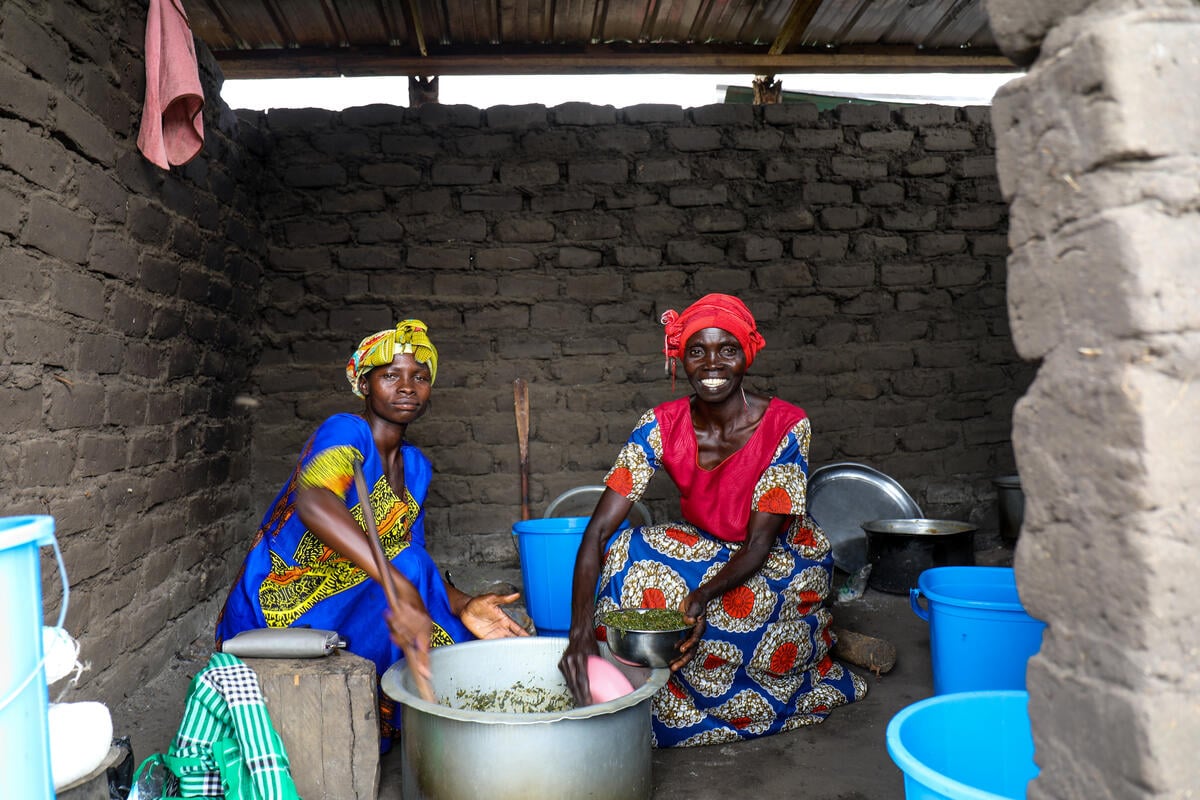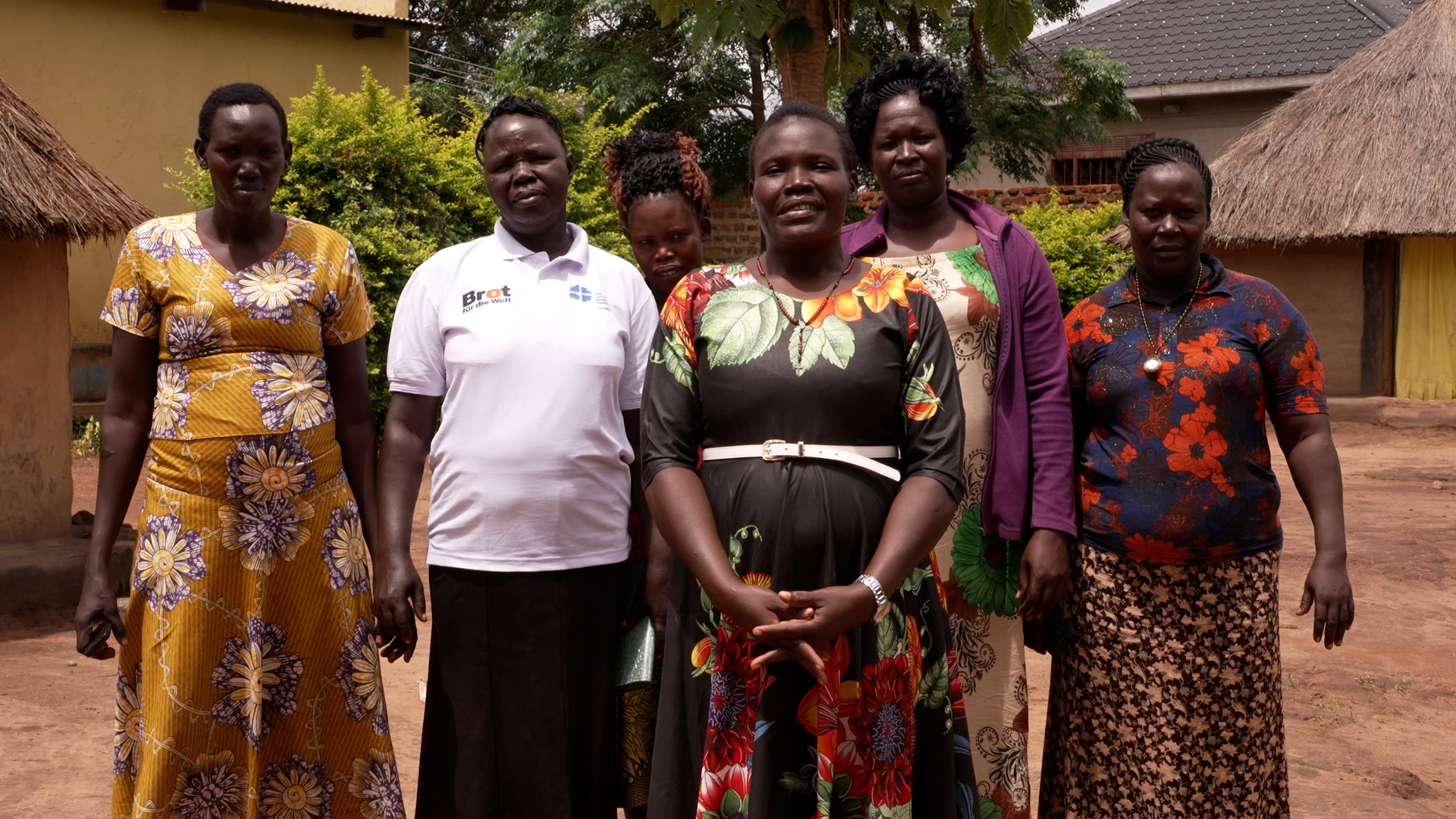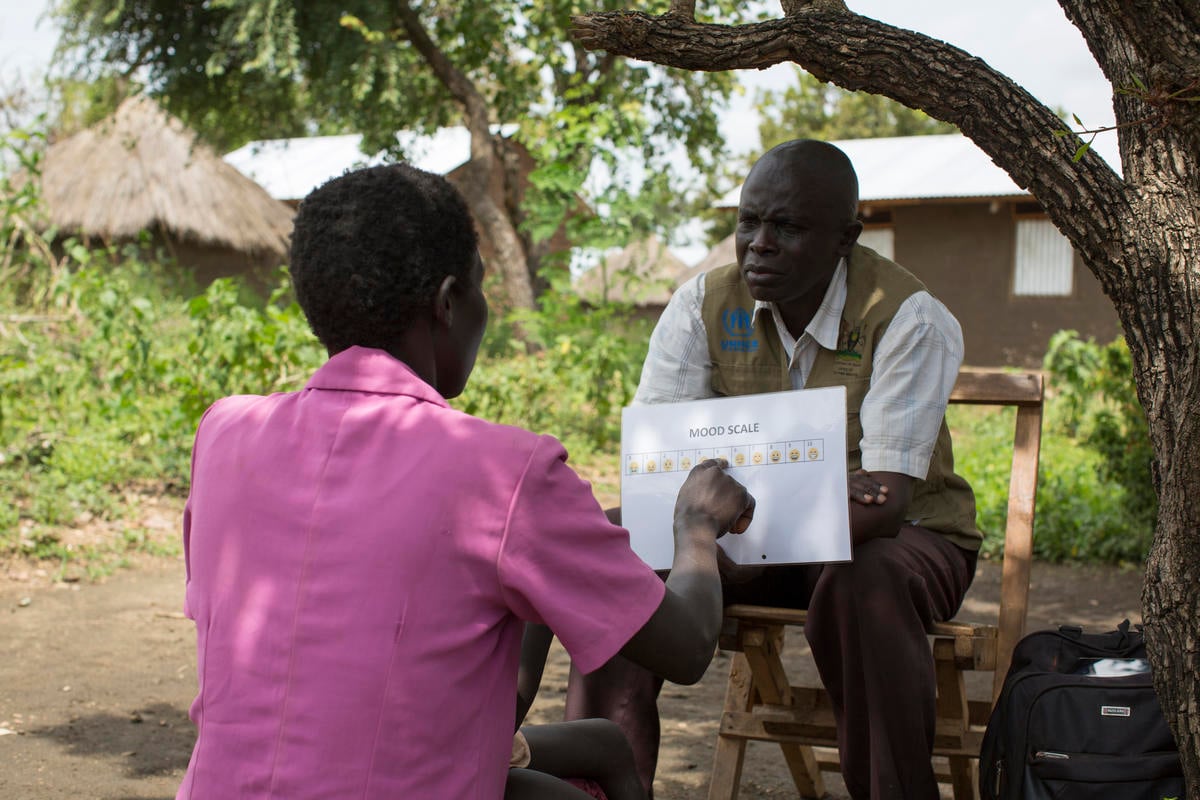UN chiefs call for greater solidarity with forcibly displaced
UN chiefs call for greater solidarity with forcibly displaced

GENEVA – In an age of soaring global displacement, countries must transcend their national interests and come together to curb large-scale suffering, UN Secretary-General Ban Ki-moon and the head of the UN Refugee Agency, Filippo Grandi, declared today.
In keynote addresses to UNHCR’s annual Executive Committee meeting in Geneva, Ban first highlighted the fact that the number of forcibly displaced people worldwide has more than doubled – to 65 million – since he took office a decade ago.
“The numbers are staggering. Each one represents a human life. But this is not a crisis of numbers. It is a crisis of solidarity,” he told an audience of representatives from 98 states that make up the UNHCR’s Executive Committee.
“We urgently need countries to transcend their national interests and come together in a forceful, global response,” he said.
“We urgently need countries to transcend their national interests and come together in a forceful, global response.”
Taking up the theme in his opening statement, UN High Commissioner for Refugees Filippo Grandi painted a stark picture in which “people are moving more rapidly, over longer distances and for a more complex range of reasons than at any time in history.”
Highlighting the plight of refugees from conflicts in Syria and South Sudan, he noted that proximity to war seemed to be the main factor in how the responsibility to support refugees is shared: “Nine out of ten refugees are hosted in developing countries: the impact on those states and communities is enormous.”
Those who do reach safety are often left on the margins, struggling to survive. Inadequate support to refugee-hosting countries and within countries of origin, together with diminishing prospects of solutions, are also driving more and more people to seek protection further afield - where their access to asylum is often compromised.
“The right to asylum – and the values of tolerance and solidarity that are its foundations – are undermined by xenophobia, nationalist rhetoric and political discourse linking refugees with security concerns and terrorism,” he said.
However, this “stark picture” does not capture the entire situation, Grandi said, noting that extraordinary appreciation is due to host countries who “remain resolute in extending hospitality, solidarity and support to millions of asylum seekers and refugees, despite tough local conditions.”
He then highlighted that key commitments adopted by 193 UN Member States at the UN Summit for Refugees and Migrants last month “proved that forced displacement has finally taken centre stage as one of today’s defining global challenges.
“The New York Declaration … provides a powerful platform for change – clearly articulating that today’s refugee crises cannot be managed by a single state alone, and calling for predictable, collaborative international responses based on solidarity and responsibility-sharing,” he said.
In response to these challenges, Grandi laid out a number of core areas of strategic focus to guide his organization over the next five years.
First is a commitment to embedding international protection principles and standards at the centre of responses to forced displacement, statelessness and humanitarian crises, “driven by this fundamental objective – to save and secure lives, and to protect rights.”
A second core direction lies in enhancing and deepening a pursuit of solutions that enable “refugees, IDPs and stateless people to reclaim or acquire full membership in society and to build a stable future,” Grandi said.
Despite a referendum narrowly rejecting the peace agreement in Colombia, Grandi said peace negotiations have brought that country “substantially closer to ending one of the world’s oldest conflicts and finding solutions for almost 7.5 million people uprooted inside and outside their country.”
In a context of multiple crises, Grandi said UNHCR is also committed to reinforcing and expanding emergency preparedness and response, and noted that UNHCR fielded over 700 emergency deployments in 2015 and 2016.
Recent efforts included stepping up responses to displacement in and from South Sudan – where renewed fighting since July this year brought the total number of South Sudanese refugees in the region to more than one million – and Iraq, where UNHCR and its partners are preparing for large-scale displacement linked to military developments in and around Mosul.
UNHCR is also committed to securing the engagement of development actors in addressing forced displacement and statelessness, an area in which Grandi identified significant advances this year.
Noting a growing consensus that development investment must play a central role in addressing the drivers of displacement and laying the grounds for solutions, he said UNHCR had scaled up its partnership with the World Bank.
“This is a moment of historic opportunity, which we must collectively grasp and translate into concrete action."
He described a new global lending facility, launched recently by the World Bank in New York and designed to extend concessional financing arrangements to middle income countries hosting large refugee populations, as "truly ground breaking."
Key efforts would also be devoted to connecting displaced people to education, and livelihoods opportunities. Globally, more than half of all school-age refugee children are not in education, and in too many countries, barriers on access to livelihoods and the labour market place refugees in a situation of extended dependency.
“Given the right policy environment, including through access to education, freedom of movement, and livelihoods opportunities, and with appropriate development investments, refugees and internally displaced people can contribute to the communities that host them, and become socio-economic assets.”
UNHCR also plans to work more systematically across the entire spectrum of displacement, Grandi said, including through a more predictable and decisive engagement with internally displaced people.
“This is a moment of historic opportunity, which we must collectively grasp and translate into concrete action in support of refugees and the communities and States that host them.”
Despite substantial increases in UNHCR annual budgets to meet the crises of the last five years, Grandi noted that funds available for 2016 currently stand at US$3.76 billion – just 50 per cent of total funding requirements.









